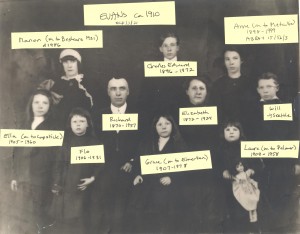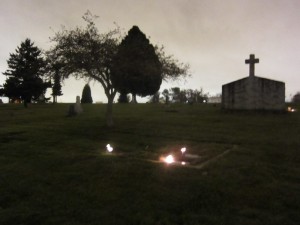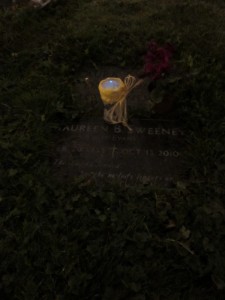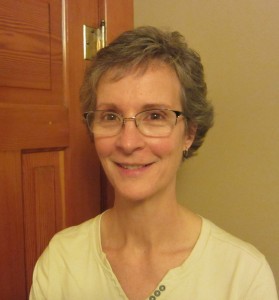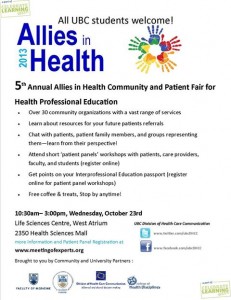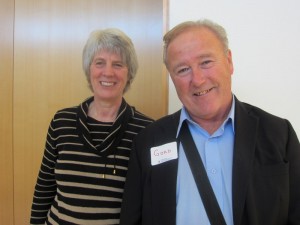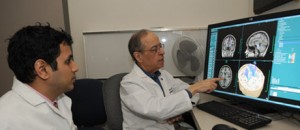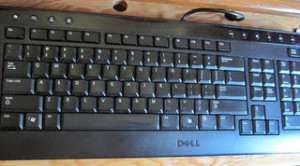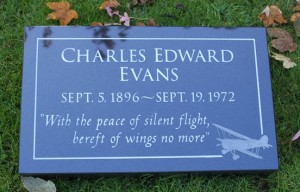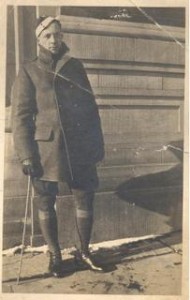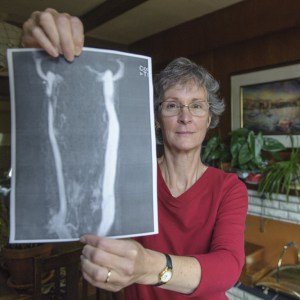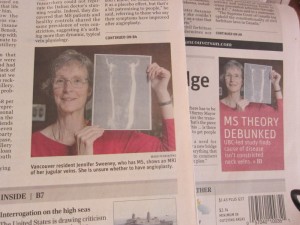
Yesterday, a photo of me holding this picture of my jugular veins, was on the front page of the Vancouver Sun, and again on the front page of the next section. In
the article, I had been quoted
along with a short bit about my diagnosis and recent MRI to assess my veins. I got an e-mail from a friend in Calgary who saw it and several facebook messages from people who were glad to see my smiling face and were sorry to hear of my diagnosis. I used to be very active and I knew a lot of people but I have not been able to do the things I used to do.
Many people asked me how I managed to make the media contact. It’s all about timing and you never know what opportunities may cross your path. This time it was the same type of coincidence that led to my favourite media piece ever, the CBC
interview with Shelagh Rogers
.
I contacted Pamela Fayerman, the Vancouver Sun’s Health Issues reporter, on the weekend as I hoped she could do a story on trigeminal neuralgia as Monday was the first International TN Awareness Day. I was late in getting around to it but I felt an obligation to the TN community to at least try as there had been a
really good article on TN in the Victoria Times Colonist.
A friend and neighbour who has been involved in some great health initiatives for cardiac care gave me Fayerman’s contact info and I sent her an e-mail. She responded, inviting me to call her on Monday, so I did. We had a nice conversation and we talked about TN and MS and she asked me what I thought about the ‘liberation therapy.’
I’ve just started looking into it knowing that I have the blood flow problem. While we talked, she asked me if she could quote me. I was happy to do that. Then she asked me if I’d be OK with a photo and the next thing I knew Ward Perrin was on his way to the house to take my photo. He used to live in the neighbourhood and he knew the people who sold us the house. While he was here he asked me if they gave me any copies of the scan and I told him I only had digital but I could print one up and see how it looked. He thought it was perfect
Anyway, I believe she sort of misquoted me, making it sound like the Traboulsee study was making me rethink the procedure. I let her know what I thought but she didn’t agree with me, as she says she portrayed me as being in a contemplative stage, and that’s true. I told her I generally liked the piece and really liked the way she ended it.
What I do like is seeing my name right beside Traboulsee’s face. The major irony around all of this is that I requested a referral to Traboulsee in February of 2010 for TN and he turned down the referral because he was limiting his practice to MS. If he had accepted the referral, I likely would have been diagnosed with MS back then. Instead I saw a young man who lied to me about my serious drug reaction, who told me that my left arm numbness was ‘normal’ and wrote a report that omitted all of that information. I refused to see him again.
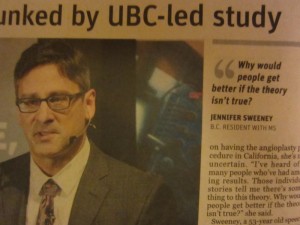
Fayerman also invited me to make a pitch for an op-ed for publication on Friday. I submitted it yesterday and it looks like it’s a go — unless of course, other big news bumps it.
You’ll see the photo of my jugulars again.
